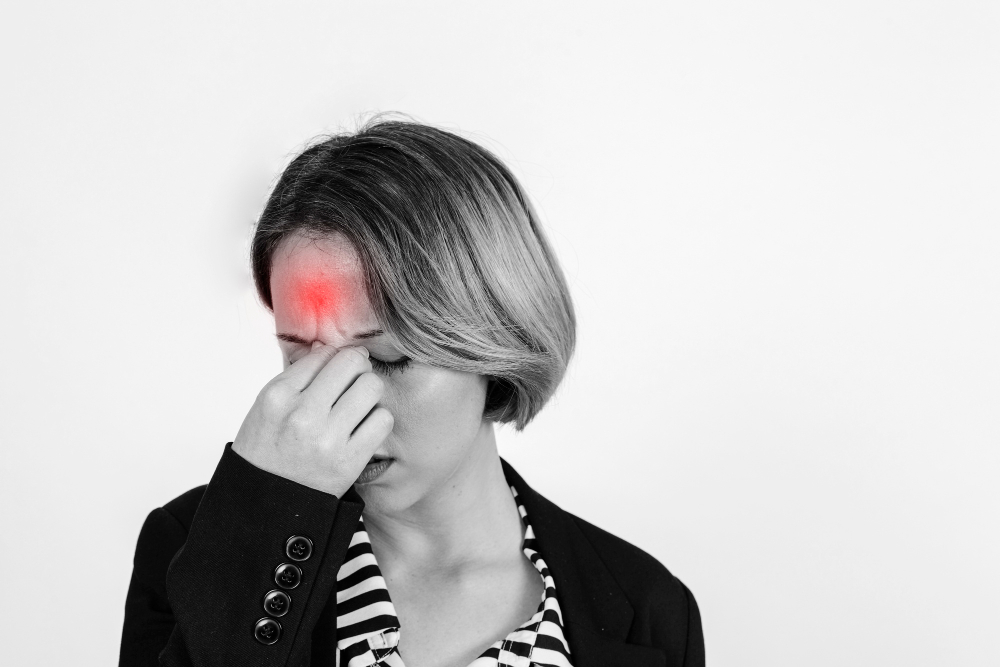Mast Cell Activation Syndrome (MCAS) is a chronic condition where mast cells, a type of immune cell, release excessive chemicals into the body. These chemicals can trigger widespread inflammation and allergic-like symptoms, including hives, flushing, fatigue, and gastrointestinal distress. For those struggling with this condition, finding the right mast cell activation treatment is crucial for improving quality of life.
What is Mast Cell Activation?
Mast cells play a vital role in the immune system by releasing histamine and other substances during an immune response. In MCAS, these cells become hyperactive, causing them to release their contents inappropriately, leading to chronic symptoms that can affect multiple organ systems.
Common triggers for MCAS include:
- Environmental allergens
- Certain foods and beverages
- Stress
- Infections
Understanding your triggers is the first step in effectively managing this condition.
Conventional Mast Cell Disease Treatment Options
For many patients, traditional medical treatments are the foundation of managing mast cell disease treatment effectively. These treatments aim to stabilize mast cells and alleviate symptoms. Some commonly prescribed therapies include:
1. Antihistamines
Antihistamines are often the first line of defense. H1 blockers (e.g., loratadine) and H2 blockers (e.g., famotidine) can help reduce symptoms like skin irritation, flushing, and gastrointestinal discomfort.
2. Mast Cell Stabilizers
Drugs like cromolyn sodium are designed to prevent mast cells from releasing their contents. This can significantly reduce symptom severity in many patients.
3. Leukotriene Modifiers
Medications such as montelukast can target other inflammatory mediators released by mast cells, providing additional relief.
4. Dietary Management
Eliminating trigger foods and following a low-histamine diet can be pivotal in reducing symptoms. Keeping a food diary can help identify specific sensitivities.
Holistic and Natural Approaches to Healing Mast Cell Activation Syndrome
While conventional treatments are essential, many individuals find additional relief through natural and holistic approaches. These methods focus on healing the body and reducing inflammation from within.
1. Nutritional Support
Certain nutrients can help stabilize mast cells and reduce inflammation:
- Quercetin: A natural flavonoid found in fruits and vegetables, quercetin has mast cell-stabilizing properties.
- Vitamin C: Known for its antihistamine effects, vitamin C can support immune health.
- Omega-3 Fatty Acids: Found in fish and flaxseeds, these can help combat inflammation.
2. Mind-Body Techniques
Stress is a significant trigger for many people with MCAS. Incorporating stress-reduction techniques such as meditation, yoga, and deep breathing exercises can help.
3. Herbal Remedies
Herbs like butterbur and nettle leaf have shown potential in reducing histamine-related symptoms. However, always consult a healthcare provider before trying new supplements or herbs.
The Role of Energy Healing in MCAS Management
At MCS Energy Healer, we believe in a comprehensive approach to healing mast cell activation syndrome that includes energy healing therapies. These techniques focus on restoring balance to the body’s energy systems, which can reduce stress and inflammation.
Healing modalities such as energy healing, acupuncture, and cranial therapy have been reported to help individuals manage their symptoms more effectively.
Can Mast Cell Activation Syndrome Be Cured?
A frequently asked question is whether there is a definitive cure for mast cell activation syndrome. While there is currently no cure, many individuals achieve significant symptom relief through a combination of medical treatments, dietary changes, and holistic therapies. The goal is to reach a state of symptom remission where daily life is no longer hindered by the condition.
Final Thoughts on Managing Mast Cell Activation Syndrome
Living with MCAS can be challenging, but a multi-faceted approach combining medical treatment, dietary adjustments, and holistic therapies offers hope for symptom relief. By understanding your unique triggers and exploring both conventional and natural options, you can create a personalized treatment plan to reclaim your health and vitality.
For more insights and support, visit MCS Energy Healer to learn how energy healing and integrative approaches can transform your journey with MCAS.

